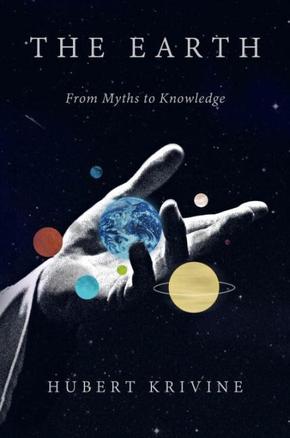
The Earth - From Myths to Knowledge
| Verlag | Verso |
| Auflage | 2015 |
| Seiten | 304 |
| Format | 16,3 x 24,4 x 2,5 cm |
| Gewicht | 618 g |
| Artikeltyp | Englisches Buch |
| ISBN-10 | 1781687994 |
| EAN | 9781781687994 |
| Bestell-Nr | 78168799UA |
How mankind discovered the size, trajectory and age of the Earth
Our planet's elliptical orbit around the Sun and its billions-of-years existence are facts we take for granted, matters every literate high school student is expected to grasp. But humanity's struggle towards these scientific truths lasted millennia. Few of us have more than the faintest notion of the path we have travelled.
Hubert Krivine tells the story of the thinkers and scientists whose work allowed our species to put an age to the planet and pinpoint our place in the solar system. It is a history of bold innovators, with a broad cast of contributors - not only Copernicus, Galileo and Kepler, but Halley, Kelvin, Darwin and Rutherford, among many others. Courage, iniquity, religious dogmatism, genius and blind luck all played a part.
This was an epic struggle to free the mind from the constraints of cant, ideology and superstition. From this history, Krivine delineates an invaluable philosophy of science, onetoday under threat from irrationalism and the fundamentalist movements of East and West, which threaten both what we have attained at great cost and what we still have to learn.
Scientific progress is not a sufficient condition for social progress; but it is a necessary one. The Earth is not merely a history of scientific learning, but a stirring defence of Enlightenment values in the quest for human advancement.
Rezension:
"An excellent book of popular science, written in a straightforward, accessible style."
-Jean Bricmont, Le Monde Diplomatique
"Hubert Krivine's book is not only a fascinating history of how humanity came to understand the age and motion of the Earth - it is also an object lesson in the philosophy of science, which will upset religious fundamentalists and extreme-social-constructivist sociologists in equal measure."
-Alan Sokal, Professor of Physics at New York University and Professor of Mathematics at University College London
"Clear and fascinating."
- La Quinzaine littéraire
"A wonderful reflection on science."
- Mediapart
